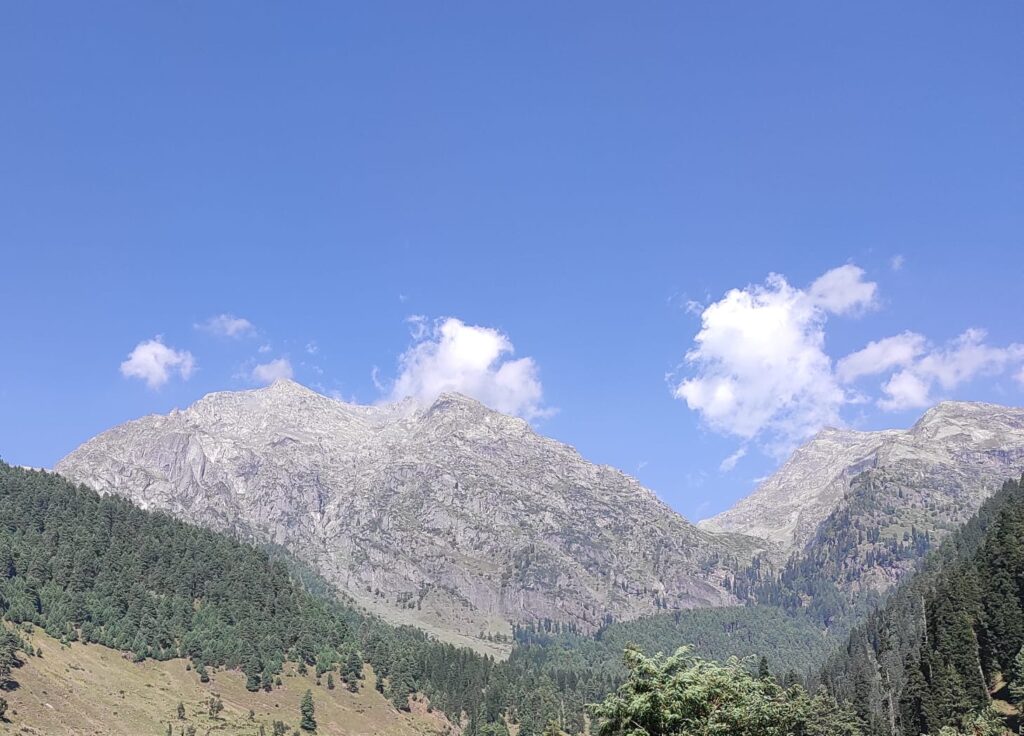I write this as I sit in front of a black Crompton room heater, with this very book lying there, randomly opened on page fifty-three by my side. My coffee mug is empty now. This is kind of a slowed epiphany to me; a delayed revelation. Something I was meant to know from the very start. This book is a part of me now. All of the four sixty-six pages in it are! So, at this very moment, I find it second nature to guide you through it.
“I’ve been meaning to read this for a long, long time now, Maman. I’ll take this”, I mumbled to my mum as I pored over the title and cover page – bewildered and fascinated. We were at a bookstore. Any place with books in it has always been a haven. I brought this book home. This was the first book I read from Khaled Hosseini’s epic trilogy. From this point on, I will be taking your hand, and walking you through this touching account of love and familial bonds that spans over years and continents, folding over each other with timely discoveries.
The story begins with a story and ends with another. Yes, you read that right! The book is nothing but a collection of stories and narrations; a changed pattern with each chapter. It is something that engages you. It reels you in. The first thing I recollect, in order, is the family that begins all of it; the family that each chapter points to, in the end. Saboor, the father, Parwana, the stepmother, and the two children, Abdullah and Pari. Here, I want to specify that this is not a spoiler at all. It is something necessary for your understanding. Abdullah and Pari are like two feathers of the same bird, on a plane that cannot be explained for its elegance and fragility, but its essence felt, absolutely inseparable. It is as if Abdullah was born to protect Pari, to look after her when their mother was taken away. That is it about the characters, except for a few more instances that I will be putting out through the course of my writing.
“And the mountains echoed” is a heart-wrenching tale. If you are as soft and delicate as me in the matter of emotions, then I expect your eyes will pour liquid after the end of each chapter. Hosseini has a way of searching inside you and knowing your heart better than you do. He gives you an impeccable cluster of ravishing details in each sentence. So much that you can practically imagine the pain of the siblings who get sundered against their will. You can sense that gaping void in your own heart. You cannot help but express your emotion over all the suffering in this book. You will have an unblemished impression of Abdullah’s bittersweet life after his innocent, lovable sister vanishes from everywhere but his mind till he lives. You will rigorously sense this book as a soft ache behind your ribs for the rest of your life. Not just for the two main characters, but also for all of the other magical elements in it, because they impart the color of pain and love to it. The encounters, the people, everything makes you immensely melancholic. You almost begin to cry and scream when the book ends, for instance. The conclusion is the most poignant thing about it. If you do read it, it will seem like an infant to you. It will make you love it, and care for it.
Hosseini builds you a world of all things in merry and then destroys everything in front of your eyes. It devastates you on another level. But, in its entirety, a perfectly ruined thing, because then he picks everything up, and piles up the shards of your broken heart again, and builds you something to reminisce and cherish forever. Something that makes your eyes burn and your heart long for all that could have been, but, even then, filled to the brim with beauty. The personification and the imagery make hardness lodge in your throat every five minutes. The people inside this book seem real to you. All of it will!
If you have read this piece to the very end, I expect you can’t wait to hold the book. And if you come here having read it already, then this is a place of recurring, bittersweet longing for you, I suppose.
I end my portrayal here with an excerpt from the book that is only befitting.
I found a sad little fairy
beneath the shade of a paper tree.
I know a sad little fairy
who was blown away by the wind one night.
Sara Khalid
Class IX
